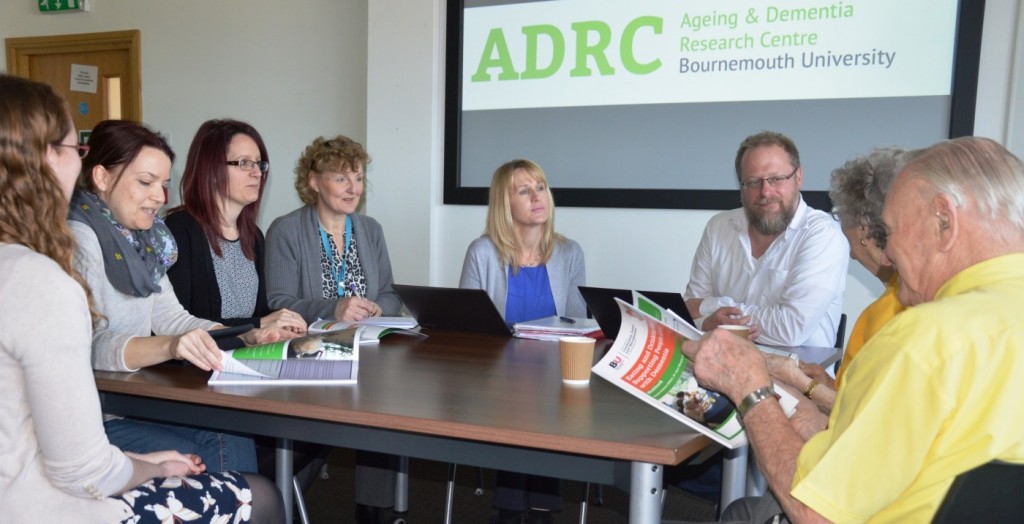
A new Ageing & Dementia Research Centre (ADRC) has launched at Bournemouth University (BU), bringing together cross-Faculty expertise in the areas of dementia and ageing. At a time when our population is living longer, often with long-term medical conditions including dementia, the centre’s research is likely to have a significant impact on theory, education and professional practice.
The aim of ADRC is to use the team’s collective expertise to develop person-centred research which will improve the lives of people with dementia and their families. Their research falls under three broad categories – developing ageing & dementia friendly environments, nutrition & wellbeing and activity & social inclusion. Each topic builds on a wealth of research knowledge and projects already taking place at BU.
The ADRC will be led by Professor Jane Murphy and Professor Jan Wiener, supported by staff and students from the Faculty of Health & Social Sciences and the Faculty of Science & Technology.
For more information about their work see the centre’s web page or email Michelle O’Brien if you’re interested in finding out more about a particular project.
The team are currently working on the following funded research projects:
- Dementia-friendly architecture: Reducing spatial disorientation in dementia care homes. A two year funded project conducting innovative research using virtual reality technology and eye tracking to simulate unfamiliar care home environments. Knowledge gained as a result of the project will help to create dementia-friendly architectural guidelines for use in the design of care homes for people with Alzheimer’s Disease. The project is funded by the Economic and Social Research Council (ESRC). Staff involved: Professor Jan Wiener and Dr Ramona Grzeschik.
- Eating and drinking well: Supporting people living with dementia. Understanding how nutrition, exercise and other lifestyle factors impact upon quality of life, wellbeing and the progression of dementia to inform new innovative approaches for prevention and management of dementia including new educational models and assistive technology. Funded by the Burdett Trust. Staff involved: Professor Jane Murphy and Joanne Holmes.
- TAi ChI for people with demenTia (TACIT trial). A three year funded project to conduct a phase II randomised controlled trial to test the benefit of Tai Chi for people living with dementia living in the community. Funded by the National Institute for Research (NIHR) as a Career Development Fellowship. Staff involved: Dr Samuel Nyman.
- Using serious games to support the quality of life of people with dementia. A European funded project in collaboration with Alzheimer’s Valencia, Alzheimer’s Greece, Alzheimer’s Slovenia and Alzheimer’s Romania and Instituto de Biomecanica de Valencia (IBV), exploring the use of gaming activities for people with dementia and their care partners. Funded by ERASMUS+. Staff involved: Dr Ben Hicks, Professor Jan Wiener and Professor Wen Tang.
- Using graffiti to explore identity in people with dementia. Exploring the use of graffiti to explore identity in people with dementia and their care partners. Funded by British Psychological Society (BPS). Staff involved: Dr Shanti Shanker and Dr Ben Hicks.
- Dementia Education And Training through Simulation2 programme (DEALTS2). National delivery of Higher Education England (HEE) Tier 2 training programme across all 13 Health Education England (HEE) regions of UK. Funded by HEE. Staff involved: Professor Jane Murphy, Dr Michele Board and Dr Michelle Heward.

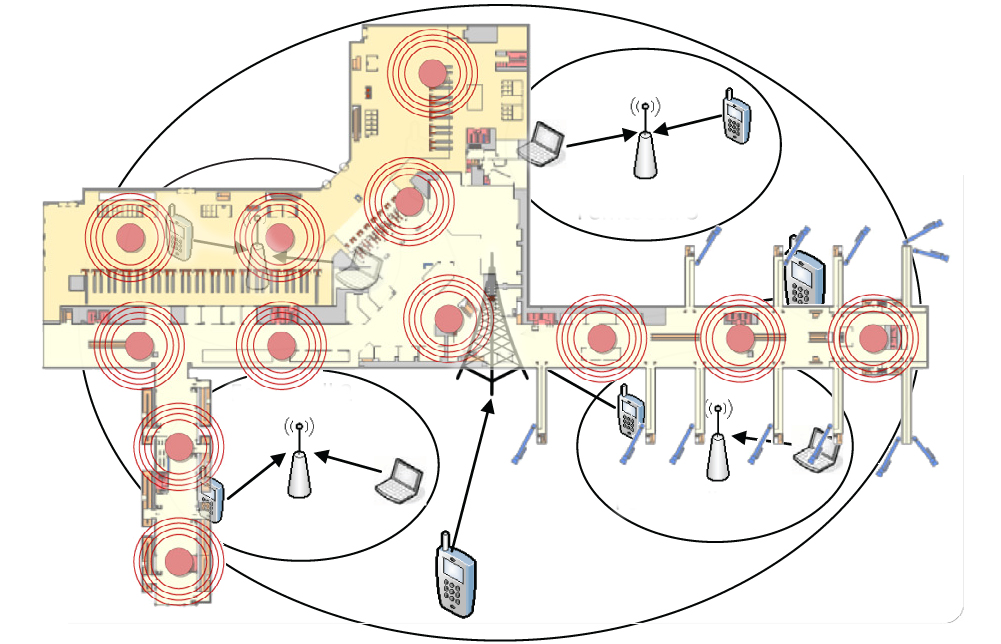
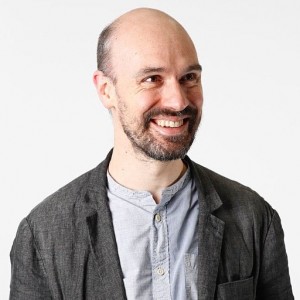 In December, Prof Mark Reed,
In December, Prof Mark Reed,  On Wednesday 29th March, the Writing Academy will be hosting a Lunchbyte session with Matthew Bennett. During the session Matthew will talk about his personal publishing experience, his approaches to research and writing, his tips on developing a publication strategy and working with co-authors, reviewers and editors. He will talk about all types of publishing from journal articles, to books via edited compilations. Drawing on personal experience, he will also focus on how you target high impact journals.
On Wednesday 29th March, the Writing Academy will be hosting a Lunchbyte session with Matthew Bennett. During the session Matthew will talk about his personal publishing experience, his approaches to research and writing, his tips on developing a publication strategy and working with co-authors, reviewers and editors. He will talk about all types of publishing from journal articles, to books via edited compilations. Drawing on personal experience, he will also focus on how you target high impact journals.

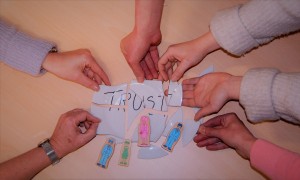
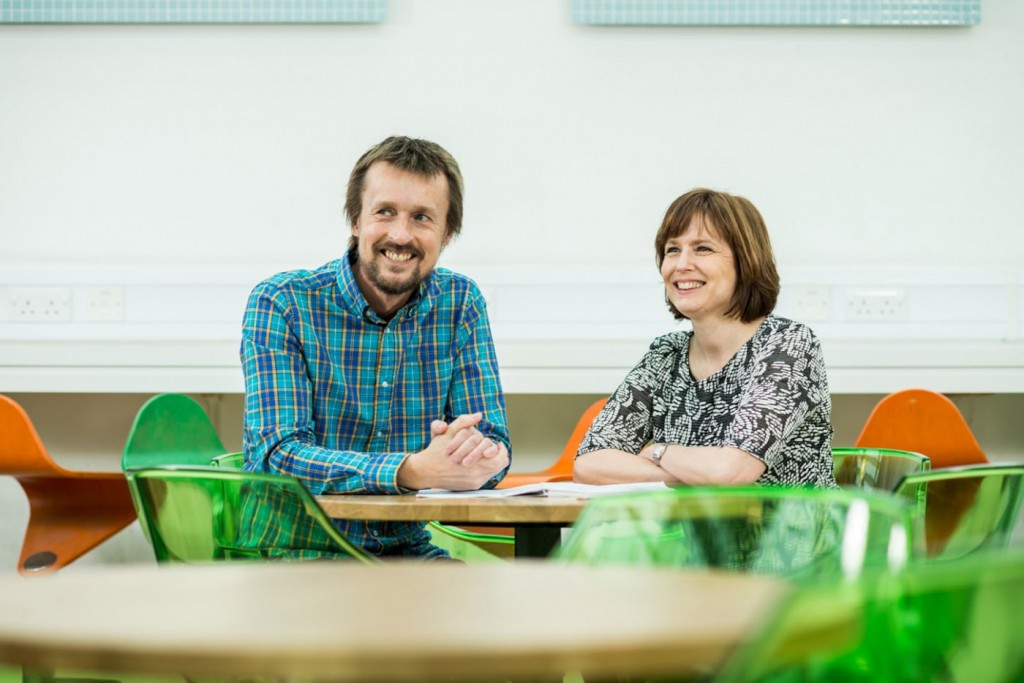
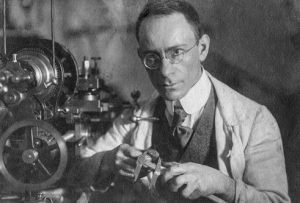

 RKEO have hosted two funder visits in the past three weeks (Interreg and Medical Research Council). Both funders highlighted the ‘So what?’ principle in terms of research ideas, i.e. what is the consequence of your work; who can benefit from your work in the long-term and what can be done to increase the chances of the work reaching those beneficiaries. Even if your proposal doesn’t directly address economic or societal impact you should be able to explain the pathway that links your work to – using the example of MRC – improving human health.
RKEO have hosted two funder visits in the past three weeks (Interreg and Medical Research Council). Both funders highlighted the ‘So what?’ principle in terms of research ideas, i.e. what is the consequence of your work; who can benefit from your work in the long-term and what can be done to increase the chances of the work reaching those beneficiaries. Even if your proposal doesn’t directly address economic or societal impact you should be able to explain the pathway that links your work to – using the example of MRC – improving human health. There are a vast number of resources available on strengthening your research proposals and developing impact. Most funders will have guidance on impact, for example, section 2.2.5 of the
There are a vast number of resources available on strengthening your research proposals and developing impact. Most funders will have guidance on impact, for example, section 2.2.5 of the  Last year, RKEO revised and re-published the BU guide to full Economic Costing, know as fEC (which some people choose to pronounce in a ‘Father Jack’ style). The full guide can be found on the
Last year, RKEO revised and re-published the BU guide to full Economic Costing, know as fEC (which some people choose to pronounce in a ‘Father Jack’ style). The full guide can be found on the 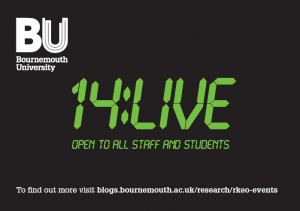













 April’s Café Scientifique – Should we help machines understand and respond to our emotions?
April’s Café Scientifique – Should we help machines understand and respond to our emotions? Postgraduate Research Experience Survey (PRES) 2024 – 2 WEEKS LEFT
Postgraduate Research Experience Survey (PRES) 2024 – 2 WEEKS LEFT Working with The Conversation: online training session – Wednesday 8th May
Working with The Conversation: online training session – Wednesday 8th May Apply for up to £1,000 to deliver an event and take part in a national festival of public engagement with research
Apply for up to £1,000 to deliver an event and take part in a national festival of public engagement with research MSCA Postdoctoral Fellowships 2024
MSCA Postdoctoral Fellowships 2024 Horizon Europe News – December 2023
Horizon Europe News – December 2023